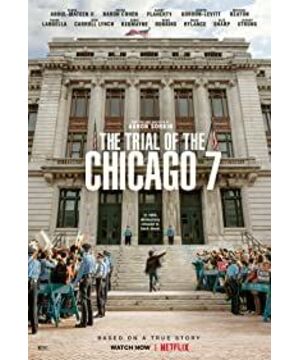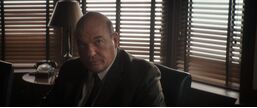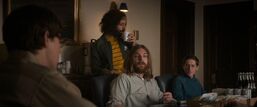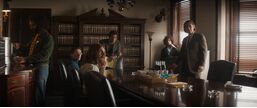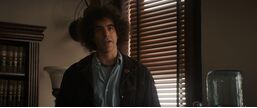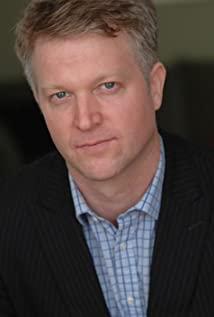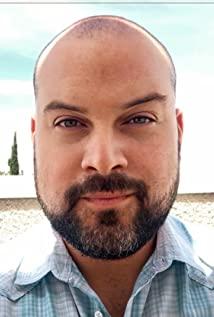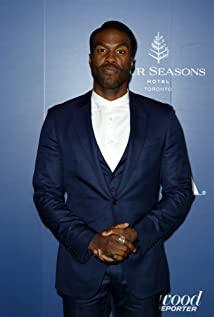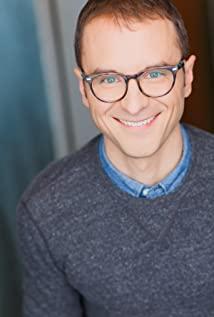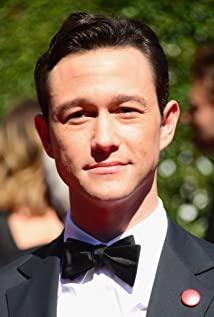"The Trial Of The Chicago 7" is translated as "The Trial of the Seven Chicago Gentlemen". It tells the story of how these seven men went from leading peaceful protests to launch the Vietnam War to conflict with the guards in the 1960s. How to be charged with inciting a riot in the court dock. Some of these joints are personal choices, and some are the driving forces behind them. They are born out of ignoring, covering up, being aggressive, and following the rules. They are very chaotic and absurd.
I find it interesting that two of these seven people have the same aspirations but stand on two opposing positions, Tom Hayden and Abbie Hoffman.
Tom obeyed the authority unconsciously, standing up alone like a reflex when everyone agreed to adjourn the court, when he didn't stand up to salute the judge in dissatisfaction. He would argue with the radical Abbie, and only hope that all confrontations will be on a moderate path. It cannot speak on behalf of the Seven Gentlemen. Even if he has a great point of view, he will avoid the most violent words for authority when he expresses it.
And Abbie is the one who can die a hundred times in order to advance this era a small step forward. He will not use mild words, he will not whitewash the crimes of authority, and he will never choose ambiguous adjectives between his words and sentences. It has to be targeted. It was his duty to speak for Tom, for everyone.
Although Tom obeys the authority unconsciously, in fact, we are on the road of confrontation. We don't have to give up him because of his shortcomings. What we want is never a perfect warrior, what we want is a firm companion.
I'm glad that Tom finally expressed the confrontation in the context of his mild words. He read out the names of the soldiers who lost their lives because of the Vietnam War to the judge. He didn't say a violent word, but expressed it vividly.
View more about The Trial of the Chicago 7 reviews


